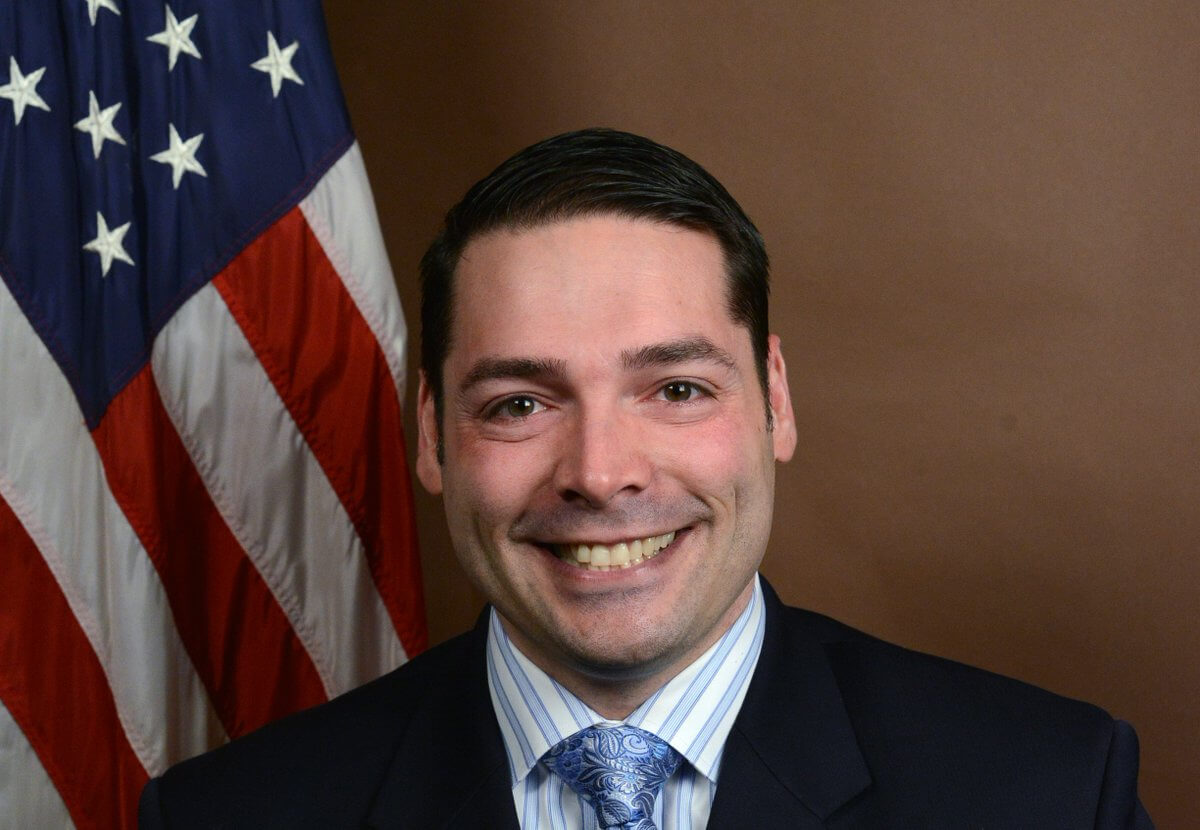Nearly 20 years after the Columbine high school massacre, it seems that video games are once again being blamed for the violent actions of others. The latest example comes from Rhode Island Representative Robert Nardolillo, who plans to add ten percent tax on all video games rated Mature and above as a way of funding counseling and mental health programs in schools.
Under Nardolillo's proposals, the money would go into a special fund that would give schools extra resources to help students deal with their aggression "in a positive way."
"There is evidence that children exposed to violent video games at a young age tend to act more aggressively than those who are not," Nardolillo said, without pointing to any studies.
"Our goal is to make every school in Rhode Island a safe and calm place for students to learn. By offering children resources to manage their aggression today, we can ensure a more peaceful tomorrow."
As the First Amendment protects free speech in the digital age, states cannot ban the sale of violent video games to minors. Nardolillo says his plan will "counteract the aggression they may cause."
Video games have been put under the spotlight once again following the Florida high school shooting, which Kentucky governor Matt Bevin blamed "garbage" games.
"...they're [video games] forced down our throats under the guise of protected speech. It's garbage. It's the same as pornography. They have desensitized people to the value of human life, to the dignity of women, to the dignity of human decency," said Bevin.
Some studies do show video games can make kids more aggressive, but this definition covers actions such as making annoying noises at other players during online games; there's no clear link between violent video games and behavior. While finding ways to fund school counseling programs is commendable, many will disagree with how Nardolillo is going about it.
The 1999 Columbine massacre was one of the earliest instances of violent crime partly blamed on video games. Families of those who lost their lives tried to sue several game companies, but the suit was dismissed.
